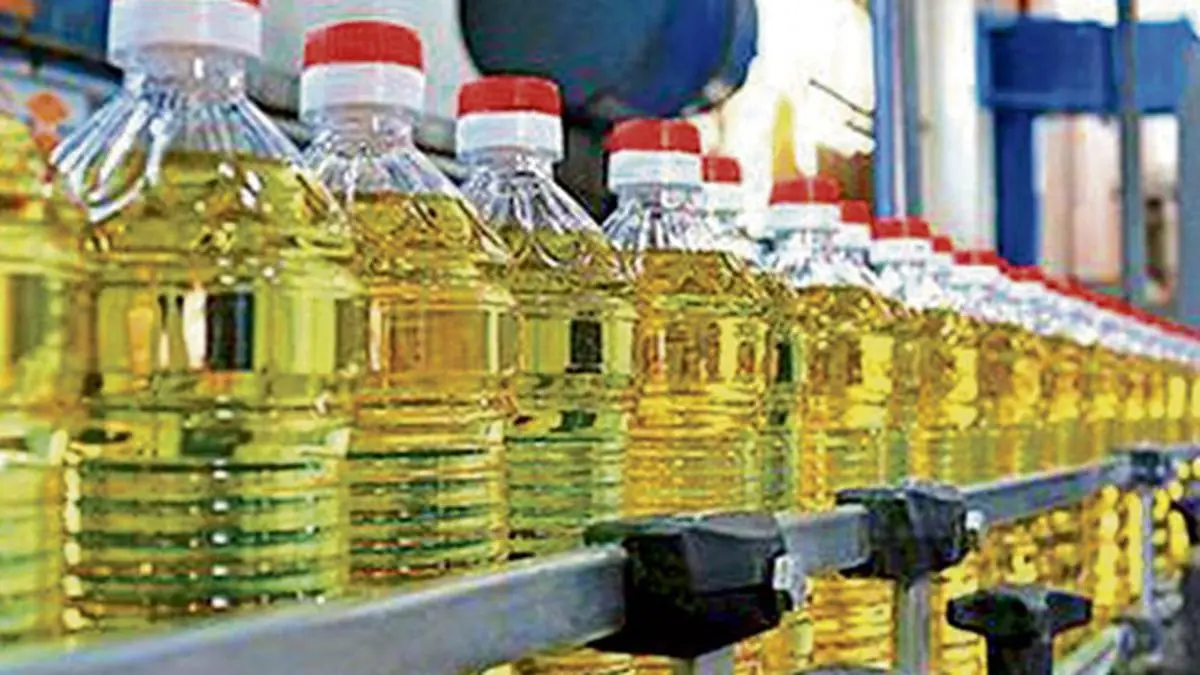
IVPA has asked the Government to impose bank guarantees equivalent to the applicable duty differential from the importers to ensure compliance with Rule of Origin guideline.
Even as India faces exorbitant tariffs from the United States, it faces another tariff challenge from an unlikely source – Nepal. The Indian Vegetable oil Producers’ Association (IVPA) said the duty-free import of edible oil from Nepal is posing a serious challenge to domestic players.
IVPA has asked the Government to impose bank guarantees equivalent to the applicable duty differential from the importers to ensure compliance with Rule of Origin guidelines.
Further, IVPA has sought an increase in the Agriculture Infrastructure and Development Cess (AIDC) on refined oil from 5 per cent to 10-15 p.c., channelise Nepalese imports through agencies like NAFED, and cap import volumes to restrain and regulate the imports from across the border.
Under the SAFTA (South Asia Free Trade Area) Agreement and the India-Nepal Trade Treaty, vegetable oil imports from Nepal enter the Indian market without tariffs. This duty-free access has resulted in a significant rise in refined soybean and palm oil imports from Nepal.
As a consequence, the industry alleges that imports from Nepal shot up significantly, far exceeding their base levels (proportionate to the local production) a few years ago. This indicates that exporters in Nepal are rerouting edible oil and flooding the Indian market, seriously threatening Indian producers.
The sharp increase in edible oil exports from Nepal to India suggests that other exporting countries are using Nepal as a channel to access India’s market with zero-duty benefits.
“The influx of low-duty vegetable oil imports is exerting downward pressure on domestic prices, adversely affecting soybean and mustard seeds prices to operate below MSP. This not only affects farmers’ income and discourages cultivation but also poses a serious setback to India’s goal of achieving self-reliance in edible oils,” the Indian Vegetable oil Producers’ Association (IVPA) said.
The association has written a letter to Union Agriculture and Farmers’ Welfare Minister Shivraj Singh, seeking his intervention. Incidentally, Chouhan is in Kathmandu to take part in the third BIMSTEC (BIMSTEC- Bay of Bengal Initiative for Multi-Sectoral Technical and Economic Cooperation) Agriculture Ministerial Meeting (BAMM). The one-day event will be graced by the Agriculture Ministers and senior agriculture officials of the BIMSTEC countries, including Bangladesh, Bhutan, Nepal, Myanmar, Thailand and Sri Lanka.
The association cites an example – the baseline export level of Nepal’s exports to India in 2018 stood at 16,925 tonnes. “A year later, this had gone up to 2.42 lakh tonnes, and to 2.45 lakh tonnes in 2020. This further rose to 4.9 lakh tonnes in 2021,” the industry points out.
A year later, Nepal’s export of edible oils saw a sudden dip to 2.04 lakh tonnes following a reduction of duties by India. This high-export cycle continued for Nepal from 2024 after India increased its duties, pointing to a rerouting of oil from third-party countries.
Currently, the imports from Nepal stand at 60,000 tonnes, taking the aggregate imports for the January-March quarter at 1.8 lakh tonnes. “The spike in exports continues unabated, surpassing the 2024 exports in just three months,” IVPA President Sudhakar Desai pointed out.
What can be done?
The association wanted the Government to seek a security deposit or bank guarantee equivalent to the applicable duty differential for edible oil imports under the SAFTA. This can be settled after verifying the Rules of Origin (RoO) clause under the agreement. It calls for stricter vigil along the borders to see if the RoO is adhered to.
Published on April 9, 2025
